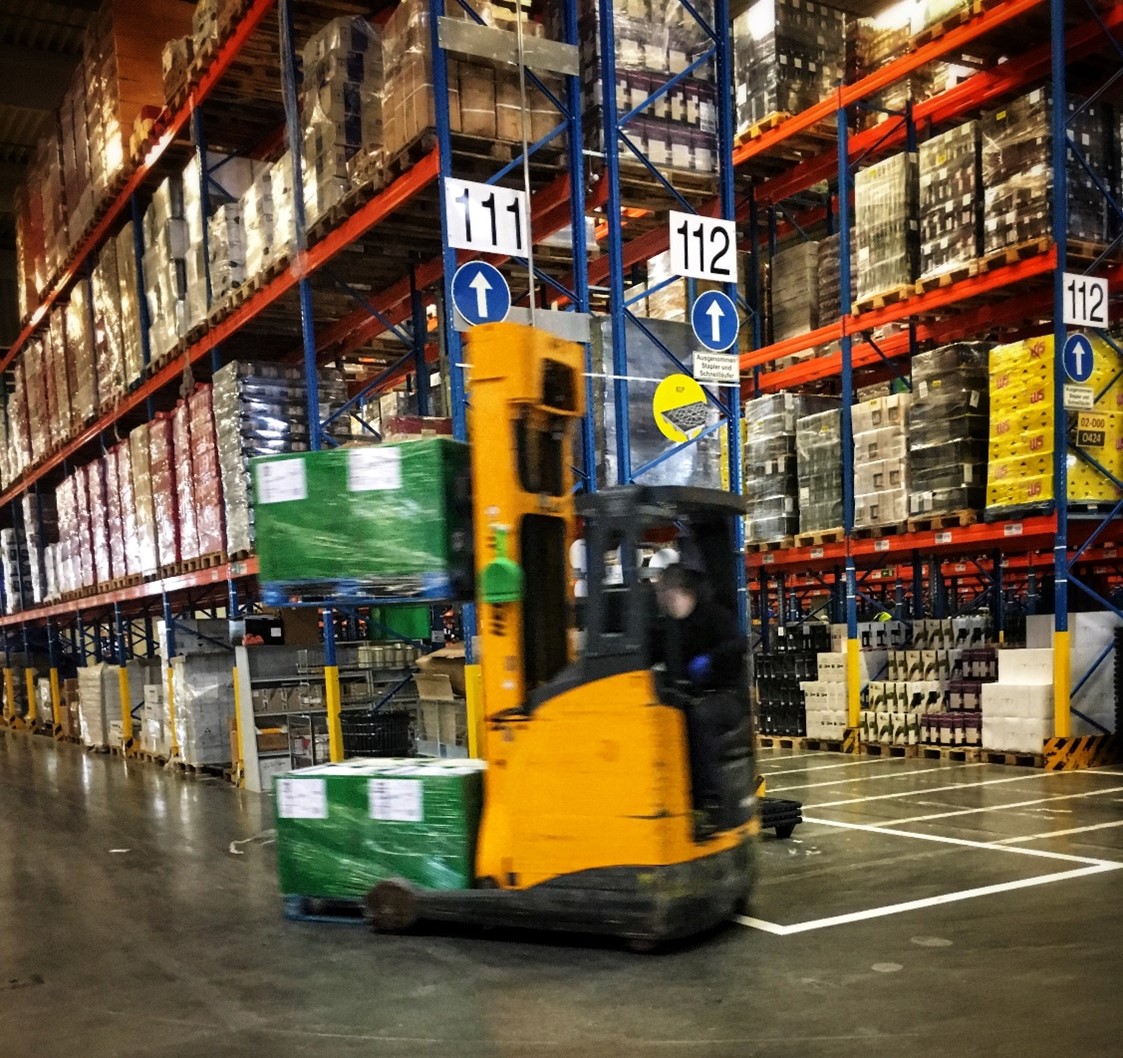- Hyderally & Associates P.C | Employment Lawyers NJ, NY
- (973) 509-8500
- tyh@employmentlit.com
New York Moves to Expand Warehouse Worker Protections
NJ Nurse can pursue her FMLA and disability discrimination claims against her former employer – Kennedy University Hospital!
August 11, 2022An End to Forced Arbitration in Sexual Harassment & Discrimination Cases?
August 19, 2022By: Jennifer Weitz, Esq. and Ty Hyderally, Esq.
New York may be the next state to codify greater workplace protections for warehouse workers. The Warehouse Worker Protection Act was recently approved by the New York State Legislature, and awaits Governor Hochul’s signature to become law.
The Act’s legislative findings highlight that the continued growth in same-day and next-day package delivery, coupled with advances in the technologies used to track and measure employee productivity, has led to an increase in the number of workers, in warehouse and distribution centers, who are subject to work quotas. The Act also notes that warehouse and distribution center employees who work under quotas are expected to complete a quantified number of tasks within specific time periods, often measured down to the minute or second, and face adverse employment action, including suspension or termination, if they fail to do so. As well, quotas affect employee compensation. Employees who work under a quota may not receive the full benefit of minimum wages if their quota is increased to make up for the direct or indirect effect of a minimum-wage increase.

Perhaps the biggest concern is the rate of injury for warehouse workers who have to meet quotas. Quotas are not divulged to employees, with the result that employees push themselves to fulfill secret quotas in order to maintain their jobs. Current statistics self-reported by the warehouse industry show that warehouse workers have a rate of serious work-related injuries (defined as injuries that result in lost time or restricted duty) that is more than twice the average rate across all private industry. Amazon’s self-reported data showed that injury rates at the company’s warehouse and logistics facilities in New York increased 64% from 2020 to 2021.
The Act will require major warehouse companies to provide employees with documentation of their quotas at the time of hire, or when the law takes effect (for current employees). Employers will also have to provide copies of employee quotas when changes are made, and every employee will have the right to request their quota at any time, even if they are no longer working for the company. (Under the Act, a covered employer is one with at least 100 workers in a single warehouse distribution center, or 500 workers statewide.)
Companies will no longer be able to impose quotas that interfere with lunch, bathroom, or rest breaks. The Act also prohibits retaliation against any worker exercising their rights. Any adverse action against an employee occurring within 90 days of the employee’s engaging in or attempting to engage in protected activity will be a presumptive violation of the Act.
The Act was drafted with input from the Teamsters Union and the New Yorkers for a Fair Economy coalition. Both groups cited Amazon for its lack of transparency regarding worker quotas, and its rate of warehouse employee injury. The Teamsters’ leadership also noted that the ability to curb Amazon’s unfair labor practices will affect standards across the warehouse industry. Ultimately, the Teamsters and other pro-labor groups hope to secure collective bargaining for warehouse workers throughout the industry, and are working to advance similar legislation in Connecticut, Minnesota, New Hampshire, and Washington state.
En nuestra firma hablamos español. This blog is for informational purposes only. It does not constitute legal advice, and may not reasonably be relied upon as such. If you face a legal issue, you should consult a qualified attorney for independent legal advice with regard to your particular set of facts. This blog may constitute attorney advertising. This blog is not intended to communicate with anyone in a state or other jurisdiction where such a blog may fail to comply with all laws and ethical rules of that state of jurisdiction.

